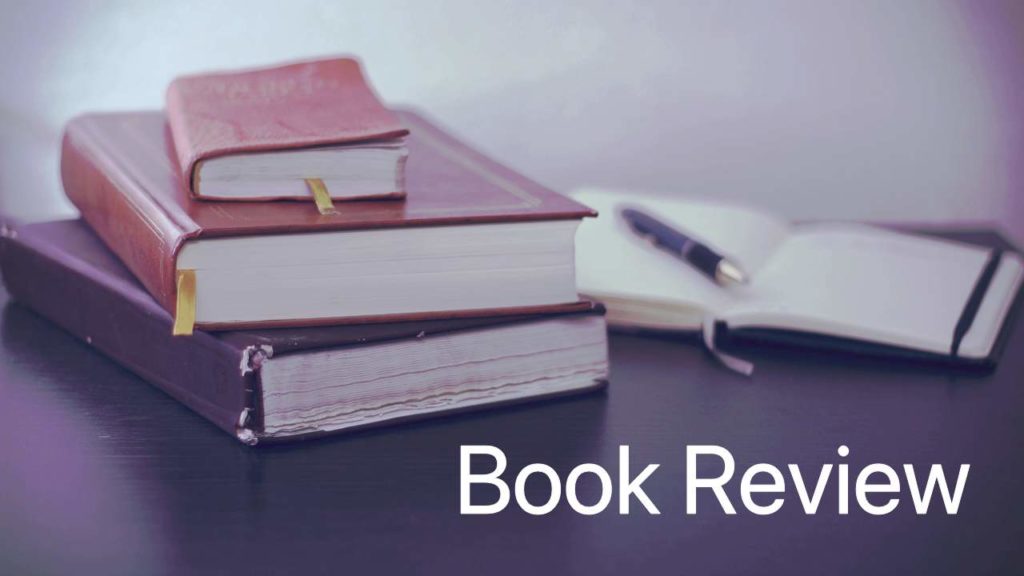Update: April 2022
When Lucy Grealy died in December 2002 at the age of 39, her death was ruled an accidental overdose. Later her close friend, novelist Ann Patchett, commemorated their relationship in the memoir Truth and Beauty: A Friendship.
I wrote my review (below) of Grealy’s memoir before her death.
Books by Lucy Grealy
- Autobiography of a Face (1994)
- As Seen on TV: Provocations (2002)
Review: Autobiography of a Face
Grealy, Lucy. Autobiography of a Face
Houghton Mifflin, 1994
Paperback, 223 pages
ISBN 0-395-65780-6
Lucy Grealy was 10 years old when a ball hit her in the face during school recess. That playground accident probably saved her life because an x-ray of her swollen jaw revealed a malignant tumor. Autobiography of a Face is Grealy’s memoir of the surgery that removed most of her lower right jaw, the subsequent chemotherapy and radiation treatments, and the pain of growing up disfigured, the butt of other children’s teasing and cruel jokes.
What Grealy went through is so awful that it seems irrelevant and insensitive to criticize her writing. She paints a horrifying picture of the treatment she had to go through, particularly the chemotherapy that made her body want “to turn itself inside out.” As if the treatment itself weren’t bad enough, Lucy has to go through it with a mother whose only concept of moral support is to insist that the child be brave and to reprimand her when she cries.
Yet I can’t help thinking that there’s a lot more to the story than Lucy Grealy tells us. Her portrait of her parents, particularly her father, is nebulous. Early on she comments that when she was a child she didn’t understand that her mother’s anger was caused by depression, but she never follows through on this perception.
And Lucy has four siblings: two older brothers, an older sister, and a twin sister. We catch only two glimpses of the older children: (1) one of her brothers cries when the call comes from the hospital announcing their father’s death, and (2) when Lucy visits her older sister Susie in London after graduating from college, Susie pays for the train ticket Lucy needs to travel to Scotland to consult with a doctor about reconstructive surgery.
Also, Lucy refers to her twin sister in only the most offhand way, with statements along the lines of “that fall Sarah and I entered junior high.” Since twins are often extremely close, this lack of any significant references to Sarah suggests volumes. Where were all these other children when Lucy was undergoing treatments and suffering the taunts of students at school?
It’s possible to argue that Grealy’s book is about herself, not her parents and her siblings. But she would have had to interact with her family every day, and those interactions would have contributed to her total experience. Since Lucy’s cancer was discovered when she was 10 years old in the late 1970’s, she must have been at least in her late 20’s at the time her memoir was published. Her reticence about her family suggests that there are issues at work here that this young woman has not yet worked through.
© 1998 by Mary Daniels Brown

